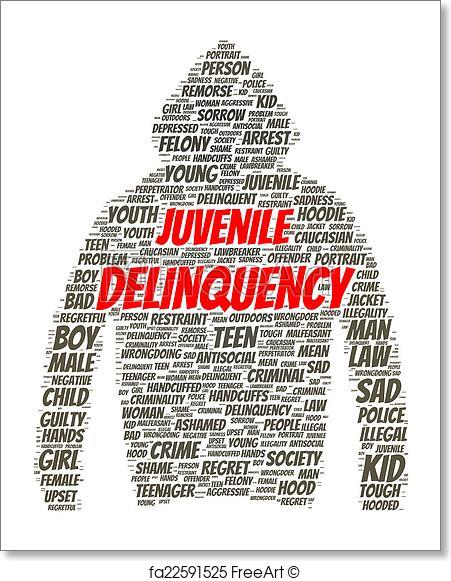In Texas, Juvenile Law applies to children ages ten to sixteen charged by the authorities with wrongdoing. NOTE: A person is an adult for purposes of criminal prosecution at the age of seventeen in Texas. Juvenile Law in Texas covers traditional crimes such as drug possession and theft but, it also covers offenses that only apply to young people such as being expelled from public school and Runaway. The offenses that we think of as traditional crimes are known as Delinquent Conduct in Juvenile Court. The offenses that only apply to young people are known as Child in Need of Supervision matters under Juvenile Law.
Texas Juvenile Law is a mixture of Civil and Criminal law. This arrangement prevents Juvenile records from being permanent in the way that adult records are. This ready ability to put juvenile transgressions in the past in a way that won’t follow a child for life is one of the main purposes of having a separate Juvenile System. The punishment structure in Juvenile Court is set up to treat kids as kids. That accomplishes another primary purpose of having a system that is separate from the adult system.
There are big legal differences in the two systems as well. First, we do not put children in jail. If a child is arrested and taken into custody, he or she is not being put in a city or county jail as an adult would. Often, children are processed at police stations and released to their parents to await a court setting. However, if a child is not going to be quickly released to parents, that child will be held in a designated juvenile detention facility.
Juvenile legal matters may seem unimportant, just kids being kids. However, law enforcement agencies treat juvenile offenses seriously. Your family needs an attorney with Juvenile Law experience. The Peugh Law Firm has been representing children and families in Denton County Juvenile Court for sixteen years. Contact us at (940) 566-0271 to schedule a free, no obligation consultation regarding your case.





